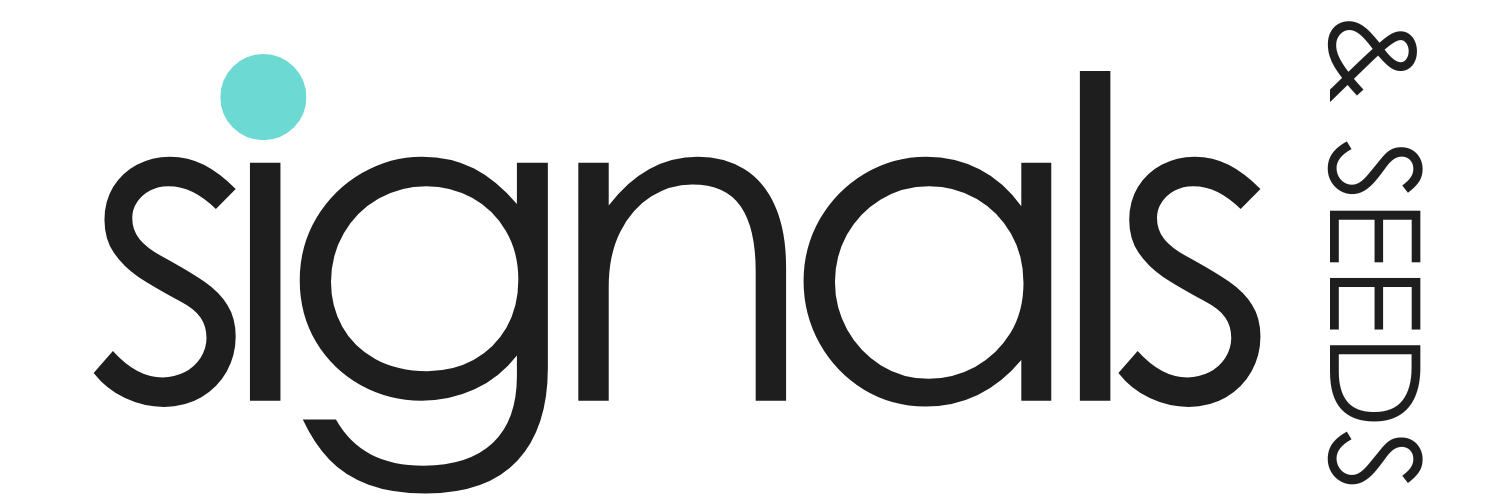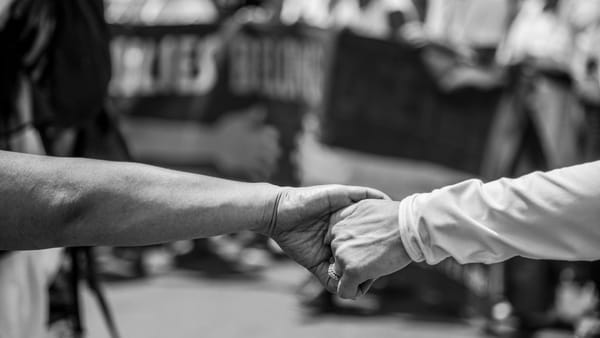Biased Algorithms, Agendas & Narratives
Drowning by Design Part 3
This is a multi-part series on algorithms and surveillance capitalism.
- Introduction: Drowning By Design
- Part 1: Drowning in Noise
Unpacking the deterioration of hyperlocal information networks is no easy task. Media Agenda Setting Theory, created in the 1970s by Donald Shaw, provides a solid foundation through which to explore this intersection of technology and narrative. Each platform we use for information consumption was built by humans who developed the technical infrastructure to deliver information and these builders answer to shareholders or investors who seek the fastest return on investment, regardless of the impact upon society. 2.2a DYOR
The individual agenda of the founder or executive in charge of the platform drives the way in which that platform functions, how narratives are crafted, spun and deployed to whip the general population into an emotional state that causes them to believe, act and vote a particular way. This reality has been well documented by multiple investigative reporters over the years, with Cambridge Analytica being one of the most prominent cases of such agenda setting abuses by a social network.
These decisions made in boardrooms by a handful of people impact the conspiracies that surface around breaking news and how people perceive a news event. Which also influences the political conversations, aid distribution and any possible legislation that may help the victims or prevent future disasters.
Rather than dive into the technicalities of HOW the algorithm biases delivers information during a crisis, let’s look at a two week period in the beginning of 2025 as a demonstration of biases.
Blizzards in Kansas
At the beginning of 2025, I was driving cross country and trying to beat a series of weather systems that stood between me and my beloved Rockies, where my current nest is located. I missed the window to sprint through I-70 across Kansas by a few hours and landed in a Topeka Hilton Garden Inn for five days during an ice storm and historic blizzard.
I spent many of my adult years living on the East Coast at the beach, so scanning local information networks for weather updates in real time is kinda my happy place. Some women knit, others redecorate, I scan social networks for anthropological voyeurism. Go figure.
Upon landing in Topeka and realizing I was settling in a foreign location for days, I decided to tap into the local weather and news networks on Twitter to see what information I could absorb before it entered the Weather Channel’s broadcast, where drama and emotion are layered on top of the news.
The Kansas hyperlocal information networks were driven by first responders, mostly a handful of state troopers recording videos from the highway showing people exactly why they should not drive in these conditions. It worked, I stayed put. The small town a few minutes down the road, home to KSU, also had a vibrant and hilarious official police department Twitter account and was posting real time information about road and weather conditions. Along with the Kansas Department of Transportation and local reporters, I had a robust, hyperlocal network of information that covered the highways and towns I would be navigating to get safely home in a few days.
The delivery hashtags for this localized information pipeline never truly fell apart as other catastrophes had a tendency to do. In fact, the hashtag seemed to thrive. The comment section for the essential workers reporting real time information were filled with comments about staying safe, prayers for the workers and gratitude. Many were bots, but some were real humans, or presented as such.
This region skews heavily to one political ideology and the algorithms in this area did not need to sow political discord or separation. The Kansas networks were less noisy, more useful and limited in political trolls/bots. They never truly fell apart over an intense 4-5 day weather emergency that landed the state trooper videos in the London news cycle. The underlying communities fluidly moved in and out of the larger scope of the story-- the regional and national impacts of a rare and sizable blizzard.
Both the latest and top hash categories contained a heavier balance of human-generated information that was locally connected, the comments were cleaner (though clearly bots biased towards Christianity) and the hashes were never overrun with general spam bots. Politics never truly saturated the news either. Clean, informative and locally connected because the algorithm and the locals themselves were more in alignment in their collective biases.
Fires in LA
After my safe, yet nerve wracking drive home, made possible because of the hyperlocal information network in Topeka, another disaster natural disaster was unfolding a few states away. Friends who live in LA were texting about a fire beginning to gain ferocity near them in the midst of unrelenting Santa Ana winds. The last thing on Earth I wanted to do was hop into another real time weather emergency on Twitter, but, I did. And wow.
The scale of the LA Fires dwarfed the Kansas blizzard, no question. But that doesn't explain the speed and violence of the deterioration of the LA delivery hashtags. The algorithm on Twitter collapsed at speed in BOTH political narratives that skewed negatively towards one political demographic and global bot spam. Within hours the feeds were useless or excessively redundant from a combination of bot and algo amplification.
The ability to access life-saving information in LA was lost rapidly and people had to shift to whatever adhoc networks they already had established that reached beyond social networks. The Watch Duty app became a lifeline as did police scanners and I would assume ham radio operators (though I have not accessed that information network as of this writing).
Los Angeles and California as a whole, are triggers for many politicians and pundits in one particular political party. And with Twitter’s acquisition by Musk in 2021 and his subsequent alliance with the GOP, we can now see the bias of the algorithm he controls. None of this is hidden, as pundits from both sides of the aisles recently discovered through the censorship and removal of any account that speaks ill of Musk.
Another recent and absolutely devastating event occurred five months prior in the Appalachia's. The remnants of Hurricane Helene wiped out entire regions of the mountains and information became inaccessible in real time. While the delivery hashtags did fall apart quickly, not as quick as LA, but fast none the less, hyperlocal information networks shifted over to Reddit within community containers already established with moderation in place to balance the information and keep politics and hate out of the conversation. The moderators were able to access hyperlocal information through a multitude of sources and someone like me, living across the country but seeking information about missing friends, was able to see what was happening on the ground without noise.
As we navigate ever frequent and more intense natural and political disasters during this systemic collapse, we must understand the underlying mechanisms of how and why our information is delivered to us and the detrimental impacts of the delivery mechanisms upon our communities and our mental health. We must also create, test and secure hyperlocal information networks free from algorithm bias so that when we are personally facing a catastrophe, the flow of lifesaving information remains fast, free and devoid of noise or agenda.
Ready to build beyond extraction?
If this analysis resonates, you're likely ready for deeper engagement with post-extractive alternatives. Here's how to connect:
🌱 Explore more signal — visit The Human Layer Knowledge Garden for our complete archive of podcasts, frameworks, case studies, and regenerative media experiments
💼 Need strategic intelligence? — DesertRat Productions provides privacy-first consulting for executives navigating complex challenges beyond conventional frameworks
🤝 Join the transition — Subscribe as a Founding Member and get quarterly strategic consultation, private community access, and direct collaboration on building the post-extractive creative economy
Building tomorrow's infrastructure with today's wisdom.
Signals & Seeds is a reader-supported publication. To receive new posts and support my work, consider becoming a free or paid subscriber.




